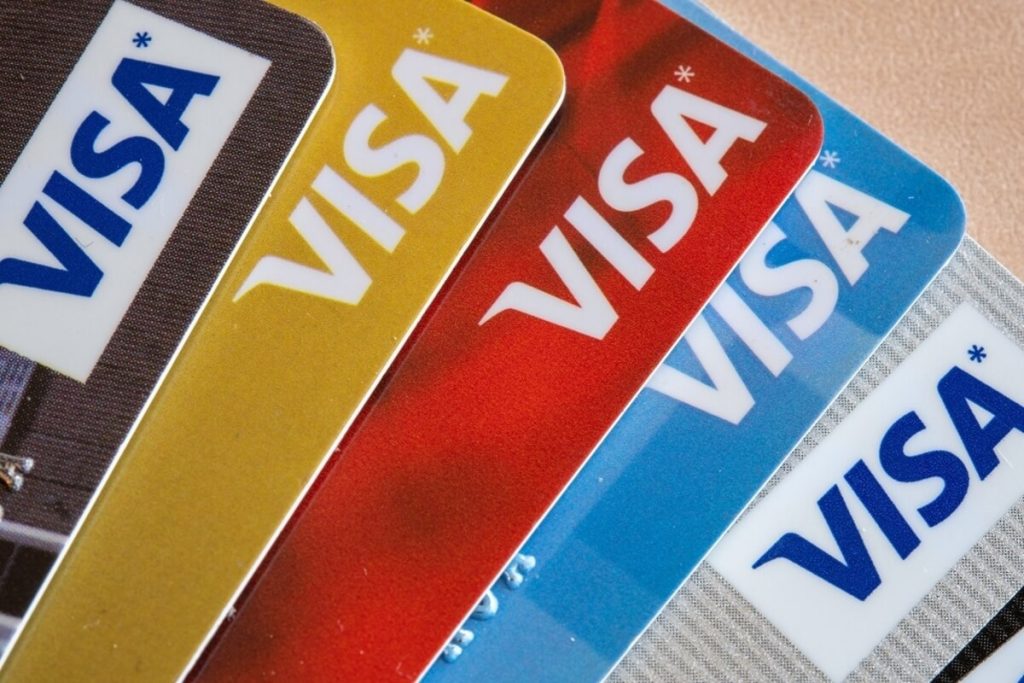Payment System Giant Visa Proposes Working with Ethereum for Automatic Transactions – How Does it Work?

Payments giant Visa has released a proposal that would allow Ethereum users to make automated programmable payments without the involvement of any third party.
According to a recent crypto thought leadership post, the company plans to achieve this goal using a smart contract that acts as an intermediary between a user account and a contract account, creating a self-custodial wallet that can make automatic recurring payments without the involvement of banks or other centralized entities.
While such services are already available to bank account holders and users of traditional financial companies, the capability is not currently available over blockchain networks. Therefore, Visa aims to become the first company to bring such capabilities to the Ethereum network.
“On the blockchain, these kinds of transactions are not that straightforward,” the company said, adding that it plans to deploy the solution on the Ethereum layer 2 network StarkNet. Visa’s head of central bank digital currencies and protocols, Catherine Gu, who co-wrote the proposal, said:
“If one of the major use cases of blockchain is for payments, then the basic requirement is that the blockchain has to function just as good as today, if not better.”
Visa said they came up with this feature as a result of its Crypto Hackathon Challenge, 2022, a competition among the company’s employees in February to solve the problem of how an ETH owner could pay a bill with crypto at a future date while temporarily away from internet service.
As of now, there are two types of accounts on the Ethereum network: Externally Owned Accounts (EOA), which are controlled by a private key, and Contract Accounts (CA), which are essentially smart contracts.
EOAs can initiate transactions while CAs cannot. However, by using Account Abstraction (AA), the idea of merging a smart contract and a wallet into a single type of account on the Ethereum blockchain, it is possible to create a smart contract that can initiate transactions on behalf of an EOA.
One use case for AA is the creation of “delegable accounts,” which allow for the automation of payments through the use of smart contracts. Notably, the idea of AA dates back to 2015 and was initially proposed by Ethereum co-founder Vitalik Buterin. The proposal was formalized in 2017 as Ethereum Improvement Proposal (EIP) 86.
Ethereum Balance on Exchanges at Historical Lows
Amid the recent implosion of cryptocurrency exchange FTX and exacerbating user trust in centralized platforms, large or “whale-styled” wallets have continued to withdraw their assets from exchanges. According to Bitfinx analysts, 2022 marks the largest historical decline of BTC and ETH held on exchanges.
As reported, Binance, the world’s largest cryptocurrency exchange, saw over $3 billion of net withdrawals in one day last week. In a recent report, Bitfinix said:
“2022 has seen the largest YoY percentage declines in BTC and ETH held on centralized exchanges, both down nearly 20 percent The percentage decline in November marks the third-largest monthly decline in BTC’s history and the fifth-largest in ETH’s, with both percentage declines being the largest ones since 2017.”















